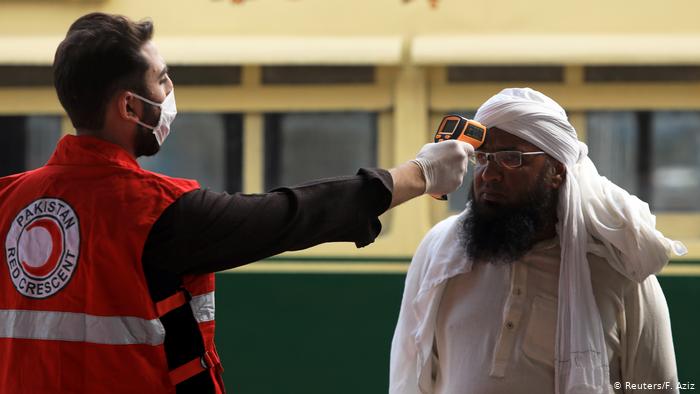
The Pakistani state’s response to the Covid-19 pandemic has been slow and fumbling. In addition, as human rights advocates have noted the plights of the ordinary people of Pakistan from Covid19 have been ignored while those of various lobbies – religious lobby, profiteers and beneficiaries of Eid shopping and Eid-eve travelers – have been protected.

In a recent column in Dawn, human rights activist and columnist, IA Rahman wrote, “Under the fig leaf of SOPs, which were respected more in the breach than the observance, the ulema held congregations in mosques more or less as they pleased, took out processions in violation of an understanding with the authorities and invited condemnation for the latter for taking action against them. The traders demanded freedom to open their businesses and they got it not only from a sympathetic government but also from the Supreme Court.”
Further, as Rahman notes “Meanwhile, the government moved away from the regime of lockdown, which was never enforced anywhere due to the prime minister’s repudiation of the idea. Figures were fed to the media that more people were dying due to various causes, including road accidents than to the epidemic, and the virus deaths were too low to justify a lockdown. Besides, it was argued that normal economic activity could not be suspended forever. A decision to live with the virus was taken. The choice between living and dying was left to the people though nobody could vouch for their amenability to discipline.”
This, as Rahman notes, resulted in “coronavirus cases in the country quadrupled over the month of fasting, from 12,000 to more than 50,000. The number of children affected also rose by a similar margin in 20 days (between May 2 and May 24). There were up to 50 deaths and 2,500 fresh cases in a single day. The target of 40,000 tests per day was never achieved. However, the government carried out a massive drive to prevent millions of workers, who had lost their sources of livelihood, from dying of hunger. Civil society distributed foodstuff on a large scale. There have been no reports of casualties from hunger.”
In the end as Rahman asserts “Pakistan chose to move in the opposite direction; it moved away from democracy and put a premium on partisanship, sidelined the experts, and quiet coordination was outside its experience.”
![]()





